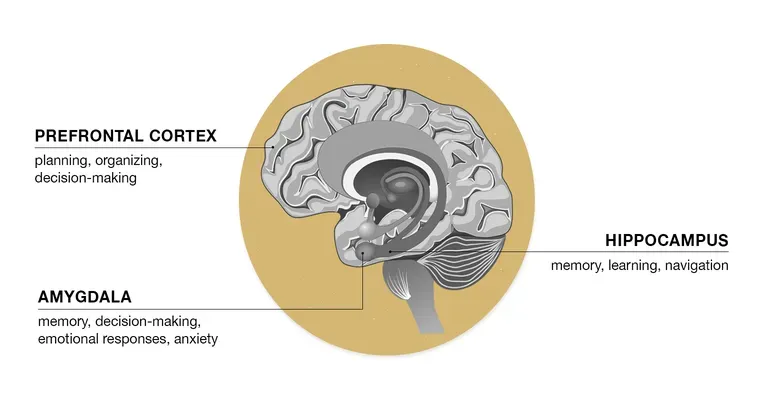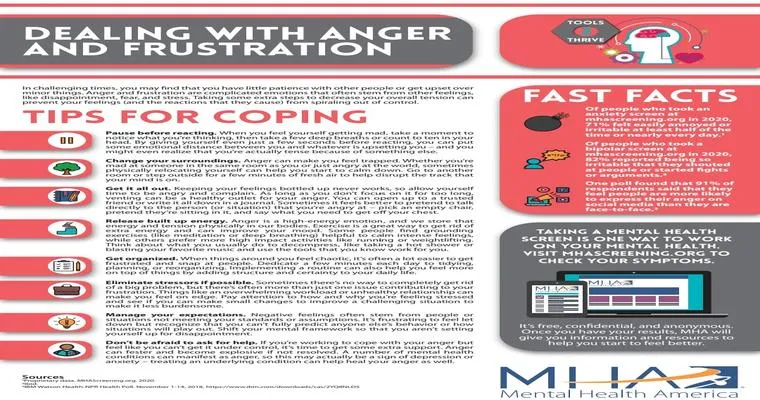Menopause is a significant phase in a woman's life that brings about various "physical" and "emotional changes". One aspect that is often overlooked is how menopause affects the "brain". Understanding these effects is crucial for women navigating this transitional period. Research shows that hormonal fluctuations during menopause can lead to various cognitive and emotional changes, making this topic particularly "interesting" and important for women's health.
The Role of Hormones in Brain Function
Estrogen and progesterone are the two primary hormones that decline during menopause. These hormones play a vital role not just in reproductive health but also in "cognitive function". Estrogen, for instance, has been linked to memory and learning. Its decline can contribute to issues such as "memory lapses", "difficulty concentrating", and even mood swings. This hormonal shift can make everyday tasks feel more challenging and can affect overall quality of life.
Cognitive Changes During Menopause
Many women report experiencing cognitive changes during menopause. These changes can manifest as forgetfulness or a lack of focus, often referred to as "brain fog." While these symptoms can be distressing, it is essential to recognize that they may be temporary. Studies suggest that cognitive function can rebound post-menopause as hormone levels stabilize. However, some women may experience lasting changes, making it important to monitor cognitive health during this period.
Emotional Impact of Menopause on the Brain
Menopause can also have a significant emotional impact. Hormonal fluctuations can lead to increased irritability, anxiety, and depression. The brain's neurotransmitters, which regulate mood, can be affected by the decline in hormones, leading to feelings of sadness or mood swings. Understanding that these emotional changes are linked to biological processes can help women approach their mental health more effectively during this transition.
Strategies for Supporting Brain Health
Women can take proactive steps to support their brain health during menopause. Engaging in regular "physical activity" has been shown to enhance cognitive function and improve mood. Additionally, maintaining a balanced diet rich in "antioxidants", "healthy fats", and "vitamins" can provide the necessary nutrients for brain health. Activities that stimulate the brain, such as puzzles, reading, or learning new skills, can also be beneficial.
Seeking Professional Guidance
For women experiencing significant cognitive or emotional challenges during menopause, seeking professional guidance is essential. Healthcare providers can offer tailored strategies and treatments, such as hormone replacement therapy, to help manage symptoms. Counseling or support groups can also provide valuable emotional support during this time of transition.
Conclusion
The effects of menopause on the brain are indeed very interesting and multifaceted. By understanding the hormonal changes that occur during this period, women can better navigate the challenges they may face. With the right strategies and support, it is possible to maintain cognitive and emotional health, making the menopausal transition a manageable experience. Awareness and education are key to embracing this new chapter in life with confidence and resilience.





